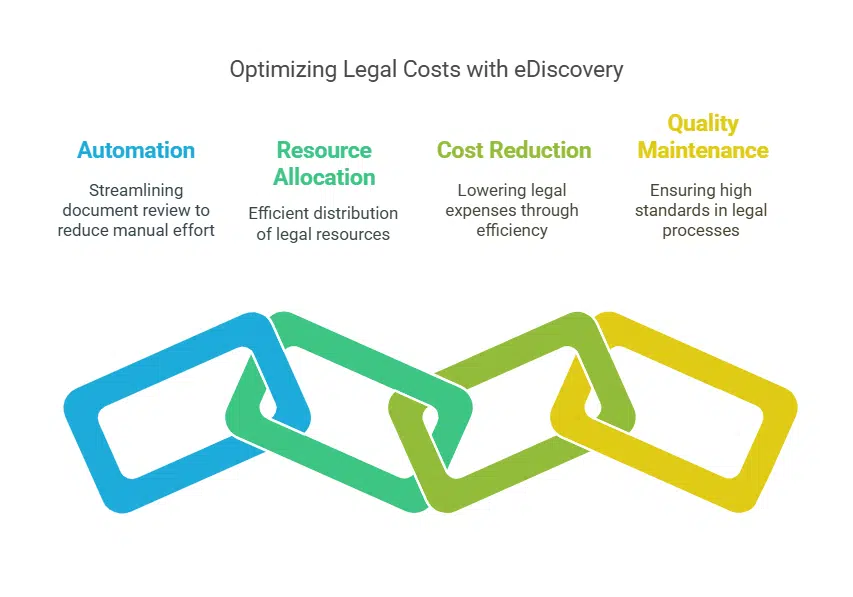In the digital age, the landscape of legal investigations has evolved significantly, driven by advancements in technology.
One of the most significant innovations in this realm is ediscovery services. These services have revolutionized how legal professionals collect, process, and analyze digital evidence, making investigations more efficient and effective.
This blog post explores how eDiscovery services are transforming legal investigations and why they are indispensable in modern legal practices.
What Is eDiscovery?
eDiscovery refers to the process of identifying, collecting, and reviewing electronically stored information (ESI) to be used as evidence in legal proceedings. This includes emails, documents, databases, social media posts, and other digital communications. Unlike traditional paper-based discovery, eDiscovery leverages technology to sift through vast amounts of data quickly and accurately.
The Impact of eDiscovery on Legal Investigations
Enhanced Efficiency and Speed
Traditionally, legal investigations involved manually reviewing paper documents, which was time-consuming and labor-intensive. With eDiscovery services, vast volumes of digital data can be indexed and searched in seconds using advanced algorithms, significantly reducing the time required to identify relevant evidence.
Improved Accuracy and Data Management
The ability to use artificial intelligence (AI) and machine learning (ML) tools in eDiscovery ensures that legal teams can pinpoint crucial evidence with greater accuracy. These technologies help categorize documents, detect patterns, and identify privileged or confidential information, minimizing human error.
Cost-Effective Legal Processes
By automating document review and reducing the reliance on manual labor, eDiscovery helps lower legal costs. Law firms and corporate legal departments can allocate their resources more effectively, optimizing their budget while maintaining high-quality investigative processes.
Handling Complex and Large-Scale Investigations
Modern legal cases often involve massive data sets from multiple sources, including emails, cloud storage, and mobile devices. eDiscovery tools are designed to handle these complexities by efficiently aggregating and organizing large volumes of information, ensuring nothing is overlooked.
Compliance and Risk Mitigation
Regulatory bodies have stringent requirements regarding data preservation and retrieval. eDiscovery services help organizations comply with legal and industry regulations, such as GDPR, HIPAA, and SEC mandates. By automating the documentation and retention processes, companies can avoid penalties and legal repercussions.
Enhanced Collaboration and Accessibility
With cloud-based eDiscovery solutions, legal teams can access data remotely and collaborate in real time. This is particularly beneficial in cases involving multiple parties, allowing seamless coordination among legal professionals, forensic experts, and investigators.
Future Trends in eDiscovery
- AI-Powered Predictive Coding: Advanced AI models will continue improving the automation of document classification and relevance assessment.
- Blockchain Integration: Blockchain technology may enhance data security and verification processes in eDiscovery.
- Cross-Border eDiscovery: As businesses operate globally, eDiscovery solutions will need to adapt to varying international data privacy laws.
- Cloud-Based Solutions: The shift towards cloud-based eDiscovery services will facilitate better scalability and data management.
Conclusion
eDiscovery services have become a game-changer in legal investigations, providing efficiency, accuracy, and cost-effectiveness that traditional methods cannot match. As legal technology continues to advance, eDiscovery will remain a critical tool in uncovering digital evidence, ensuring compliance, and streamlining investigative processes. Law firms, corporations, and regulatory agencies must embrace these innovations to stay ahead in the ever-evolving legal landscape.






































